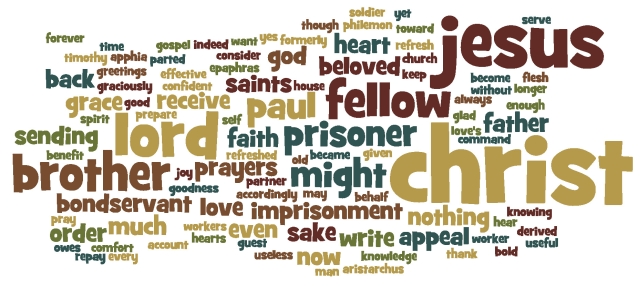My new favorite song is by an artist I had never heard of before this. Matt Maher sings “Because He Lives (Amen)”, a song from his forthcoming album, due out next week (March 17th). I know nothing of Matt (if I may call him that) except that this song powerfully expresses that our salvation is wholly from God. Matt has mixed in the words from the chorus of “Because He Lives” by the Gaithers, with two verses speaking of our sin and shame now taken away by the mercy of God. Each time I hear this song, I am uplifted and more eager to meet my savior. Amen. Come, Lord Jesus!
I believe in the Son
I believe in the risen One
I believe I overcome
By the power of His bloodI was dead in the grave
I was covered in sin and shame
I heard mercy call my name
He rolled the stone awayAmen, Amen
I’m alive, I’m alive
Because He lives
Amen, Amen
Let my song join the one that never ends
Because He lives

